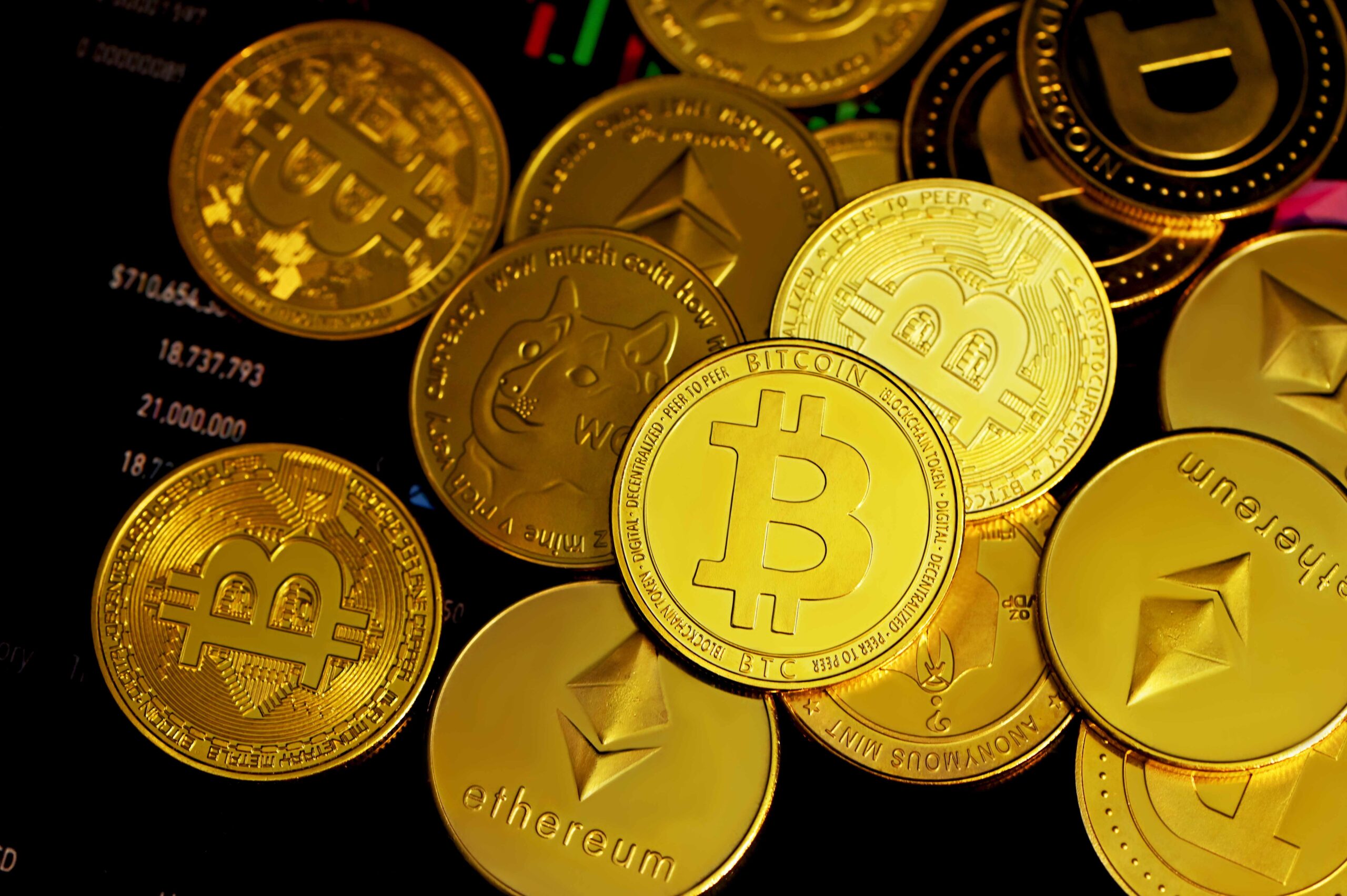
In recent years, investing in cryptocurrency has become a trend. Countless companies are riding this wave by assisting customers with navigating the cryptocurrency landscape, attempting to effectively include this as part of their business portfolio. In some countries, cryptocurrency banks have even been established, which offer cryptocurrencies as their financial products. Unethical companies exploit cryptocurrency transactions as a means of raking in large sums of money, by raising money through Initial Coin Offerings (“ICOs”) or taking advantage of cryptocurrency arbitrage platforms. Another frequently used method involves packaging fraudulent activities as mining profit schemes, at the expense of the unknowing average consumer. Through analyzing relevant legal judgments, this article aims to explore whether accepting cryptocurrencies as forms of investment poses a risk of violating Taiwan’s Banking Act.
What constitutes the crime of “illegal deposit-taking” under Taiwan law?
According to Article 29 paragraph 1 of the Banking Act, “illegal deposit-taking” refers to prohibited behavior whereby “an entity other than a bank accepts deposits, manages trust funds customarily entrusted to a bank or public property under mandate, or handles domestic or foreign remittances.” Violations of the above provision will subject the violator to punishment under Article 125 of the Banking Act, with the maximum penalty being up to ten years of imprisonment. The “acceptance of deposits” prohibited under Article 29 paragraph 1 includes “Using borrowed money, accepting investments, making the depositor a shareholder or using other classifications in order to accept deposits or obtain capital from the general public by agreeing to pay or paying a bonus, interest, share dividend interest or other reward that clearly exceeds the principal amount.”
Is receiving virtual currencies considered to be “acceptance of deposit”?
Past judgments have ruled that digital virtual products such as Bitcoin do not constitute “deposits or capital” that are accepted by financial institutions such as banks; thus, these virtual assets do not fit within the scope of the Banking Act’s definition of “deposits or capital.” However, recent Supreme Court judgments[1] seem to take the opposite stance, acknowledging that although virtual assets are not fiat currencies that are established as a legal tender by government regulations, they can be purchased with money in the market. In addition, they practically serve as a payment method type and hold a certain degree of exchange value, and can also be used as a tool to absorb funds. Given these traits, the impact made by virtual assets on market order are in essence, no different from that of regular currency. Using virtual currencies to absorb “capital” and agreeing to “repay the principal or pay an amount equal to or higher than the principal” is equivalent to the accumulation and flow of regular capital. None of the traits uniquely possessed by virtual assets affect the Court’s determination of the financial crimes involved in illegal deposit-taking.
Conclusion
After the mentioned criminal judgments were made by the Supreme Court, Taiwan courts have had the tendency to rule that when an operator accepts an object involving virtual currencies (including game tokens, bonus points, etc.) – which guarantees the ability to recover the principal with added interest that exceeds the interest generated by a fixed deposit in a regular bank – they might be committing the financial crime of illegal deposit-taking. This view adopted by Taiwan courts will be further tested in the future cases such as the Steaker case.
The Financial Supervisory Commission (FSC) recently proposed the Guiding Directions for the Administration of Virtual Asset Platform or Transaction Service Providers (“VASP”), which seemingly encourages relevant operators to establish self-regulatory norms rather than directly imposing binding laws. Some legislators have also recently proposed a draft Virtual Asset Management Act, aiming to categorize virtual asset industry players as businesses requiring special permission. The current draft has passed the first reading. Currently, operators that do not guarantee the return of the principal with added interest that exceeds the interest generated by a fixed deposit in a regular bank are not in violation of the Taiwan Banking Act, and are only regulated by anti-money laundering regulations. The specific content of future regulatory measures by the FSC and the Legislative Yuan remains to be seen.
Written 28 December 2023 by Christine Chen, Ming Teng, and May Lu.
This is a translation of the original article in Chinese, which can be found here. Translation by Emma Chiu.
If you have any questions or require additional information on this topic, please feel free to contact Christine Chen (cchen@winklerpartners.com).
[1] Supreme Court Criminal Judgments No. 3277 of 2021 and No. 317 of 2023

